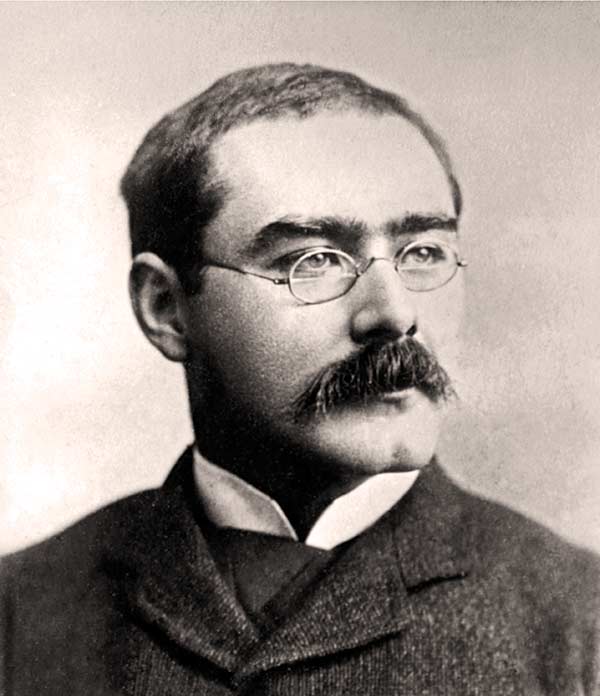MUH INFLOONSHEZ?
Yeah, I Gotz Sum
Only a few people in publishing know me on sight, and it’s okay by me. Unfortunately, one is a pretentious drunk who cornered me at a fancy veterans’ charity wingding. Spilling his cocktail on my shoes, he slurred like, “Sho, hooo wush yur litterararial, uhh…(took him four tries to say “literary”) infloonshez, huh? Hoo?” I was thinkin’ I could knock him out and claim he fainted. But Helena suddenly appeared, grabbed his “dry arm,” spun him around and pointed him at the bar. She was wearin’ the bloody-murder crimson gown with the plunging front; the one which guaranteed no man would remember anything above her shoulders or below her waist — their loss, believe me.
“For me,” she commanded, “Jameson’s, straight up. GO!” He balked. She swatted him on the butt and said “Skedaddle!” He silly-grinned, shakily, stupidly — and skedaddled. We split for the exit. Not our circus, not our monkeys. But the drunk got me thinkin’: Do I gotz “literary influences”? Yup; I do.
Me No Likee Anglish
As a half-wild boy in the islands I was functionally illiterate in several languages. I happily strung scraps of French, Dutch, Malay, Chinese and sorta-English together with a thread of Melanesian pidgin, now formalized and known as “Tok Pisin.” I loved it. Mipela likee distok velly-velly. Then Dad returned from a long cruise. He was not amused. My headgear got forcibly “adjusted” and he buried me in books. I would learn to read, write and speak proper English. It was a “March or Die” proposition. But English was boring — and tough! I needed help and inspiration. I got Joe.
If you haven’t read Joseph Conrad’s masterworks; Lord Jim; Heart of Darkness; Typhoon; An Outcast of the Islands; Nostromo and more, maybe you should. I was hooked instantly because he wrote of sights, sounds, smells and tastes I knew! The flat cerulean glass of the Java Sea turning to a billion flashing silver coins as baitfish fled pursuing Bonito; curling Polynesian combers crashing on the outer reefs and trade winds singing through the prop roots and fans of pandanus palms; the musty smell of drying copra; the perfume of a cargo of vanilla at the dock, and the tang of fresh-caught lagoon crab — this guy knew my world and painted it beautifully with words. I devoured his books. Then Dad dropped the bomb on me.
Ol’ Joe Conrad was born Jozef Teodor Konrad Korzeniowski in Poland in 1857. He knew only a few words of English as a teenager; couldn’t speak or write it for beans until his twenties — and all his books were written in English! Ever tried to read Polish? I figured if he could whisk Polish to perfection in English then maybe I could drag my lingual mélange to mediocrity in it. Me kowtow you bikpela man. Whoops. I mean, “I salute you, sir.” He stoked my English fire.
Rud, Mikey, Winnie et al
Ask anybody: “Who was the most prolific writer in the English language?” Nine outta ten will name Willie Shakespeare. The tenth will reply “Duh.” Willie wrote a bunch, but Rudyard Kipling beat him by miles of type. Yeah, I read Shakespeare and I did learn something from him: All of life is either tragedy, comedy or just boring. But from my buddy Rud, I learned you can write anything; “serious literature,” children’s books, poems, ballads, sagas, fantasies, human dramas, history — and social critique. Some may like it, some won’t, and it doesn’t matter, as long as you connect with someone. But the main thing is, whenever it fits, write for people like you’re talking with them, and write in the language as they speak it.
Kipling could and did write perfect prose, but much of his work was written as Tommy Atkins and Stella Sedgewick spoke it in barracks and barrooms, woolen mills and sheep farms. High literary society was scandalized — and the people loved it. “One of us, this chap is,” they’d say, “Money or no, he’s a pukka bloke.” If you need examples, just check out his “Barrack-Room Ballads” — and enjoy!
The first three things I ever stood and recited in English were the opening poem to Kipling’s Jungle Book, the classic Gunga Din, and perhaps the best thing ever written in any language on being a good man: his poem “If.” I guess the drunk would say Kipling was one of my main “infloonshez.”
From Mikey — Miguel de Cervantes, author of Don Quixote, the first modern novel — I learned heroes don’t have to be perfect: the Man of La Mancha was two beers short of a six-pack, but a brave and noble warrior. And in friends like Sancho Panza, simple loyalty always trumps sophistication. Yeah, I know something about tilting at windmills too.
From young Winston Churchill, the thrill-seeking lancer of the 4th Hussars, I learned you must not only see the “big picture” but the smallest details. If you read nothing else of his works, read The River War, and here’s a challenge: “Track the biscuit!” Then you’ll understand.
There were more, sure, and a common thread ran through it all. None sat at home and wrote of things they hadn’t lived; hadn’t personally experienced. The message to me was Go! Do! See, risk, learn — then write. Thanks to them I knew what my life would be. And to my greatest influence: Thanks, Dad. Me likee Anglish now. Velly-velly.







